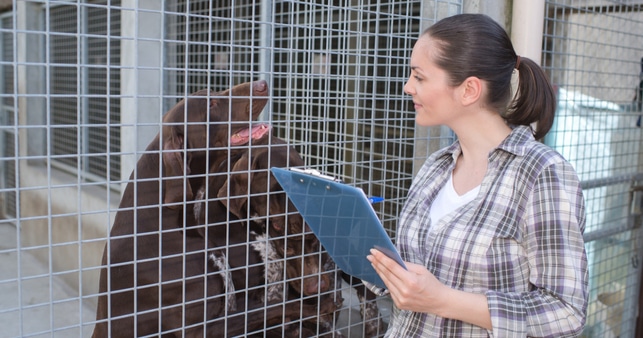
The Fair Work Ombudsman (FWO) has launched proceedings in the Federal Court alleging that a Sydney businessman, underpaid a nanny and domestic worker from the Philippines up to $155,178.
The FWO alleges that the businessman required the nanny to work between 88 and 106 hours each week between May 2016 and May 2017, breaching Australia’s workplace laws.
In addition, the FWO alleges the nanny, aged 26 when she began working for the businessman, was covered by the Miscellaneous Award and was underpaid base rates and penalty rates, including those owed for early morning and night hours, overtime hours and public holidays.
It is alleged that the Sydney based family recruited the worker directly from the Philippines. She lived with the couple and their two children for 12 months.
The family paid the nanny just 40,000 Philippine pesos per month into her Philippines based bank account. For her 12 months of work, she was paid the equivalent of $12,574 Australian dollars. Spread across all of the nanny’s alleged hours, this would equate to just $2.33 per hour.
The businessman’s wife will also face the Federal Court for her alleged participation in requesting or requiring the nanny to work unreasonable additional hours beyond 38 hours a week.
Sandra Parker, from the FWO said the action will also help clarify the coverage of domestic workers and nannies under the Miscellaneous Award.
“We allege the worker in this case was vulnerable to exploitation given she was new to Australia, resided with Mr Lam and his family, and did not know what her workplace rights were. The scale of the alleged underpayments and the unreasonable work hours are concerning,” Ms Parker said.
“The Fair Work Ombudsman has an agreement with the Department of Home Affairs where visa holders can ask for our help without fear of their visa being cancelled. Any workers with concerns about their pay, hours of work or entitlements should contact us.”
Fair Work Inspectors investigated after receiving a referral from the former Department of Immigration and Border Protection, who received anonymous reports on the nanny’s conditions.
The FWO alleges the employee was entitled to at least between $17.29 and $18.91 per hour, and up to $37.82 for overtime hours, under the Miscellaneous Award.
If the court decides the worker was not covered by the Miscellaneous Award, she should have been covered by the National Minimum Wage and entitled to between $17.29 and $17.70 for every hour worked, leading to a total underpayment of $85,834.
The FWO is seeking orders full back-payments plus interest, and penalties to be imposed. The next Case Management Hearing is on 29 October 2019.
This case highlights the common misconception that nannies and au pairs are not genuine employees. However, Senior Employment Relations Adviser from Employsure, Michael Wilkinson says: “Determining if a nanny or an au pair is an employee will depend on the individual relationship.”
He explains: “Nannies are often engaged as employees; however, in some circumstances they can be considered genuine independent contractors.
“Au pairs are often employees too and some are live-in employees, working long hours as a child carer for the family. If the family has a lot of control over the au pair’s day to day activities, they are likely to be an employee.”
Mr Wilkinson says it’s crucial for families to seek assistance from workplace relations experts before engaging a nanny or au pair.



